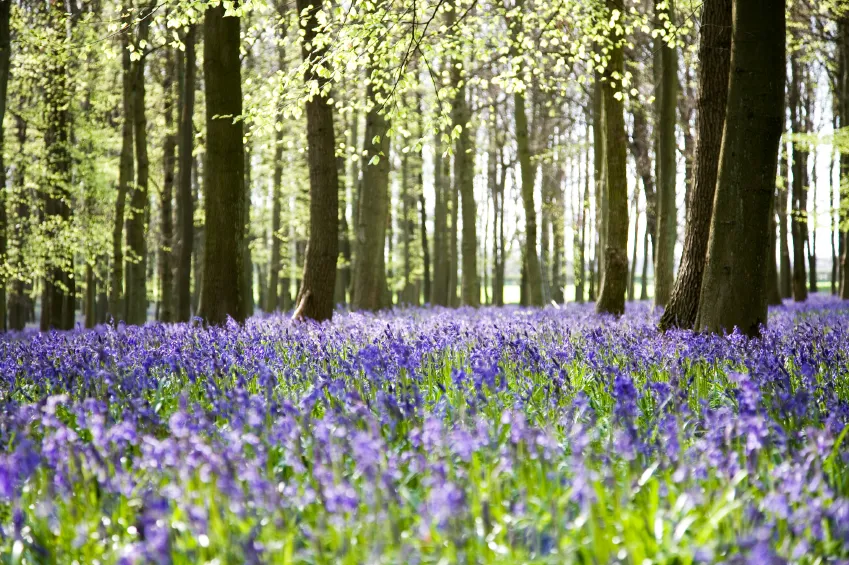
In a few weeks, when the next government starts to tackle its must-do list, where, I wonder, in its priorities will come an official report that spells out how we can become “the first generation to leave the natural environment in a better state than it inherited”?
That was the bold aim set out in a 2011 White Paper. A think tank called the Natural Capital Committee (NCC) was given three years to come up with answers. Now it has produced its findings and chairman Professor Dieter Helm says: “There is a great opportunity to improve the wellbeing and prosperity of both urban and rural populations and restore some of the natural capital that has been lost.”
The message is clear: if economic growth is to be sustained, natural capital must be safeguarded. But just what is natural capital? In simple terms, it is those elements of nature (minerals, land, water, air and food) that are imperative for human survival – the basis for life quality and all economic activity.
Saving the essentials
Over the years, this natural wealth has been exploited and depleted and the NCC’s task was to advise on how to halt the decline in England and efficiently safeguard it. Some task – so can it be done?
The NCC, made up of eight men and women with expertise in ecology, business, economics and environmental science, is not downhearted and has come up with a strategy for the next 25 years. It urges the government, working with the private sector and NGOs, to set up clear targets with ‘milestones’ to measure progress – all covered by new law.
The strategy says: “Carefully planned investments in natural capital, targeted at the best locations, will deliver significant value for money and generate large economic returns.” It finds a strong economic case for:
-Planting up to 250,000 acres of woodland near towns and cities to generate net societal benefits of more than £500 million a year.
-Restoring peat land on around 140,000 acres of upland to deliver benefits of £570 million over 40 years in carbon values.
-Establishing around 100,000 hectares of wetland upstream of major towns and cities (benefit to cost ratios could be as high as 9:1)
-Creating intertidal habitats to provide coastal flood protection, carbon storage and wildlife areas.
-Restoring fish stocks, especially shellfish and white fish such as cod. The long-term gains could secure jobs in the industry for generations to come.
The NCC also expects much to be gained from investing in urban greenspaces (potentially reducing healthcare costs by £2.1 billion) and urban air quality (the top environmental risk factor for premature deaths) as well as by improving the environmental performance of farming.

Time for action
Vital to the strategy’s success is long-term funding from business and government. Among the NCC’s ideas are controversial notions such as compensation payments from those using non-renewable resources such
as oil and shale gas.
At last, the concept of placing financial and environmental value on our natural capital is being addressed. If sensible advice is to become action, all will depend on how high on the in-tray this document sits when our next political leaders take power.